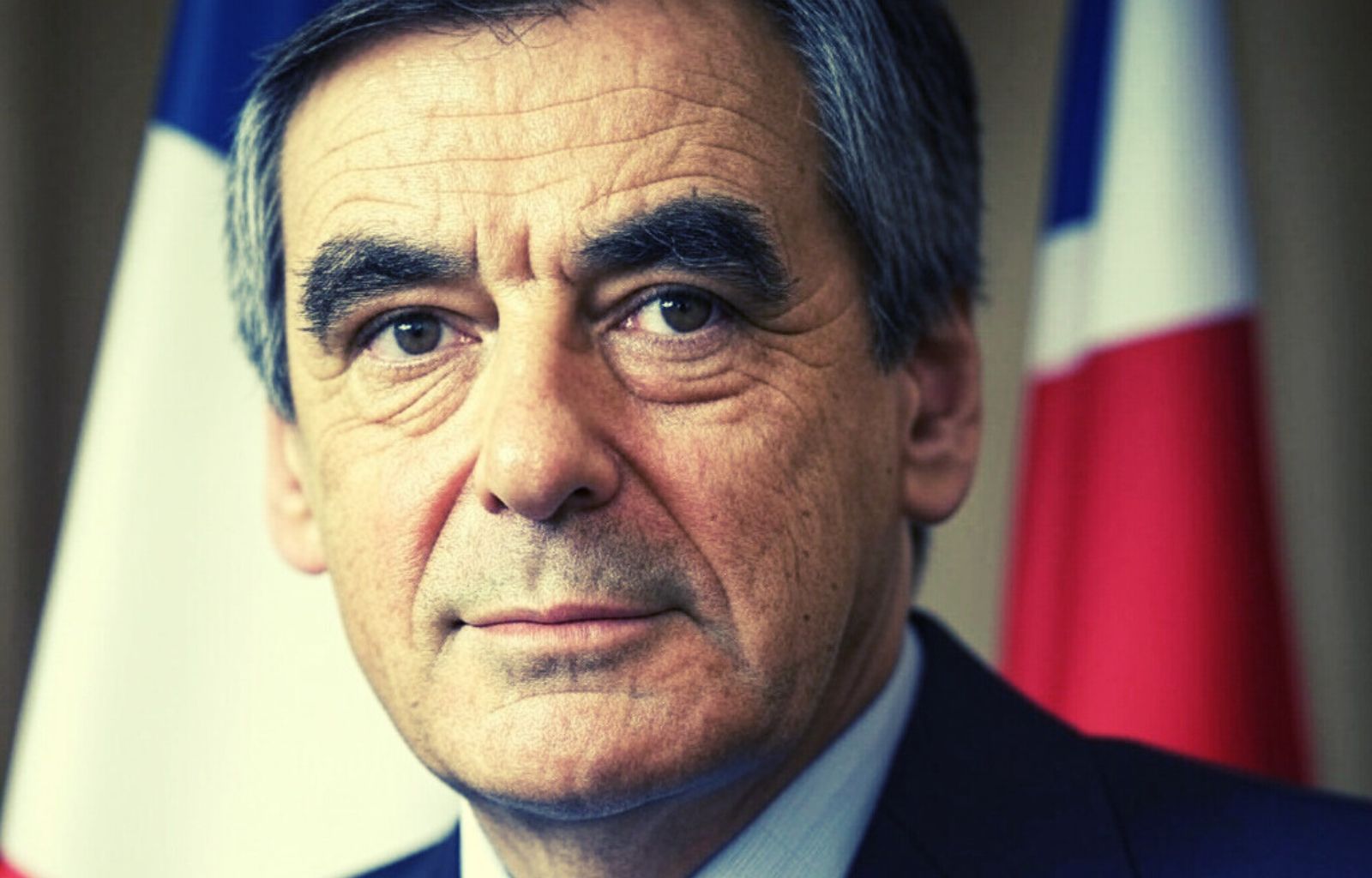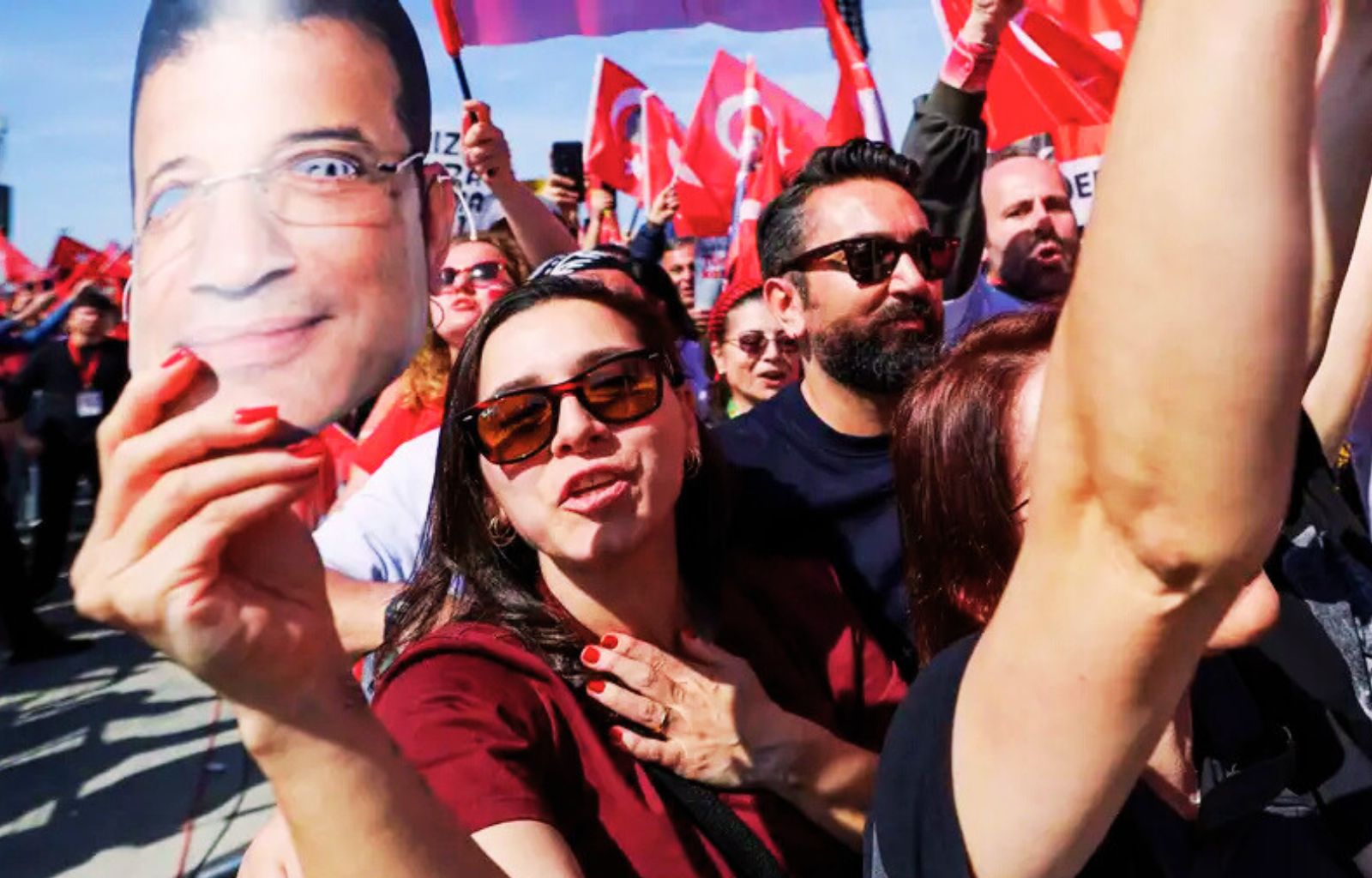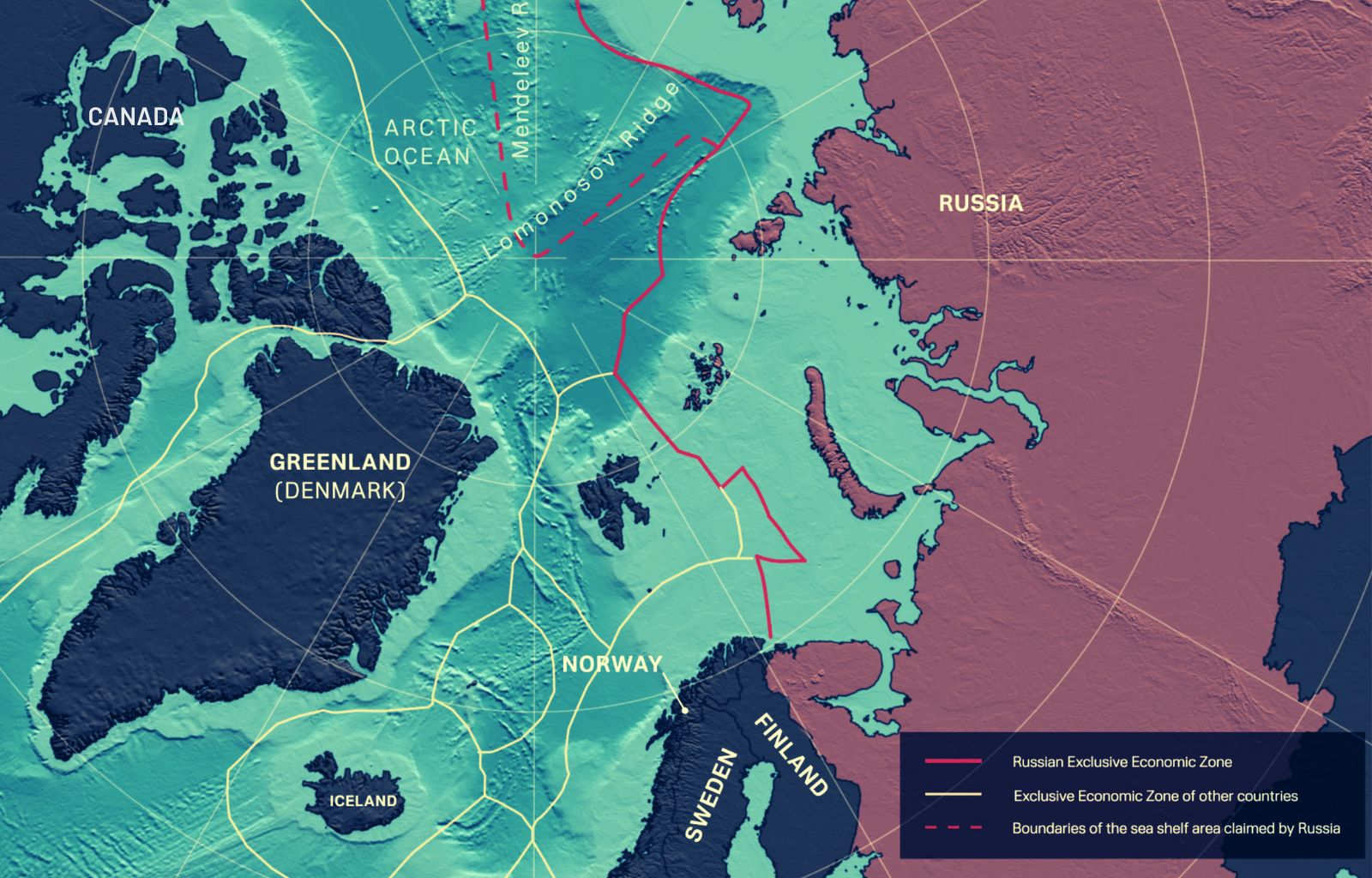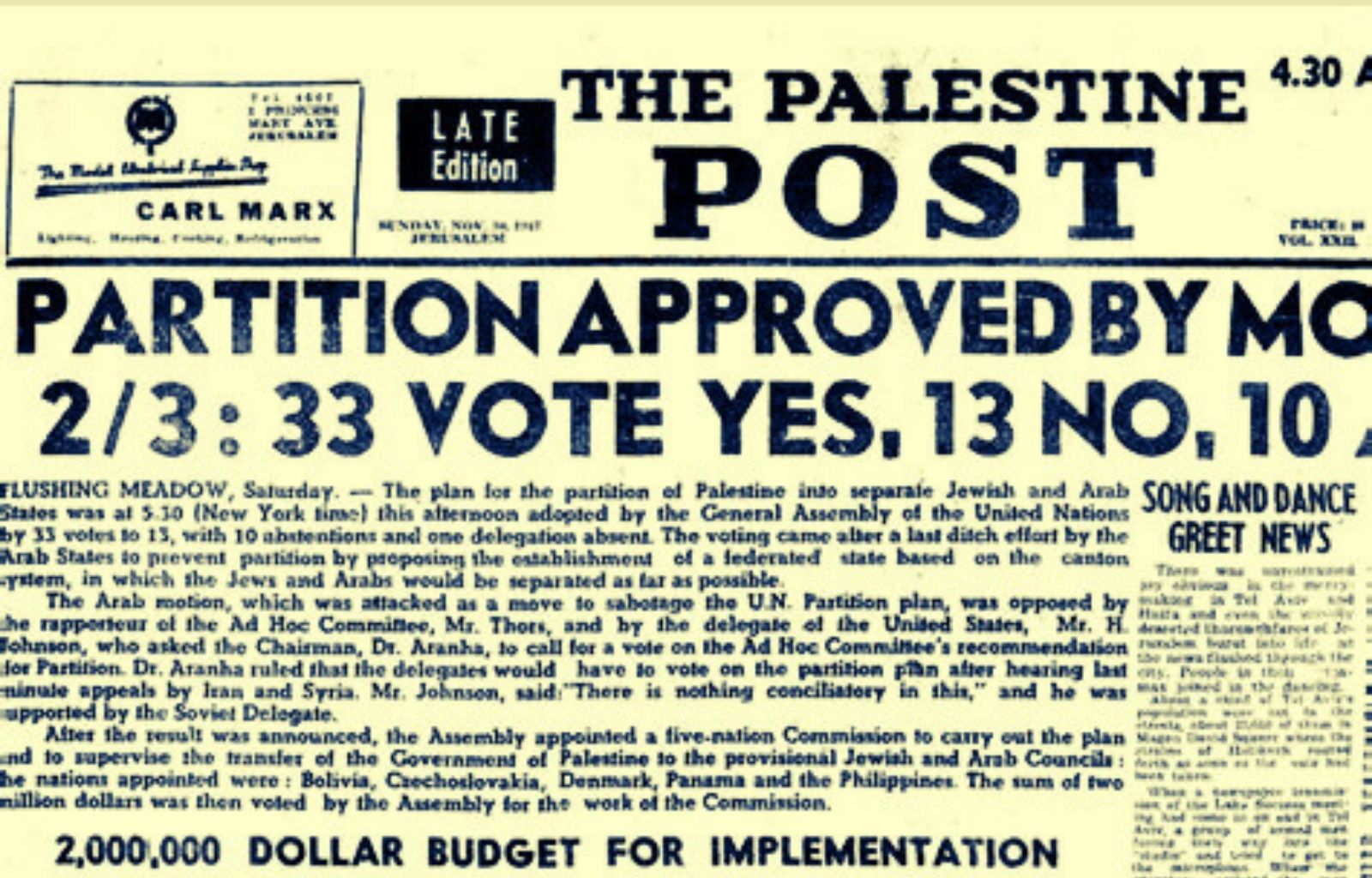Fillon, beyond Macron and against Le Pen: the Republican Right is resurgent in France

For the first time since 2017, Sarkozy’s former prime minister François Fillon speaks without taboos about the world and the future of France. Fillon does not hide his concern; ‘I never imagined that France could see its situation deteriorate in this way. France is going through a deep crisis; the public debt has soared and French society has never been so divided since the creation of the Fifth Republic (1958), with an impressive growth of extremism that makes the country ungovernable. Violence is advancing at all levels; in political debate as in everyday life. France’s word in the world has lost much of its strength due to its diplomatic zigzags and, in Africa, France is no longer welcome as Islamic totalitarianism advances. War is at our doorstep and even if we are not directly responsible for it, we are unable to make an impact.
In a very long interview given to ‘Valeurs actuelles‘ Fillon recalls, that at the end of his mandate in 2012, the public debt had reached a record 1832 billion euros, or 90% of GDP, and his declaration that the French state was close to bankruptcy had caused a scandal. This year, the public debt has risen to 115% of the national wealth. This means that the hour of truth will soon sound and with it unbearable austerity.
The sooner France commits to cutting public spending, the more it will avoid a social and economic shock whose violence would have terrible consequences for employment, health, pension payments and education. The first measure should be to raise the retirement age to 65, and the refusal of the trade unions and the left is irresponsible; the increase in life expectancy cannot but be accompanied by an increase in the retirement age bringing it in line with the average of European countries. It is also necessary to lower public spending. Fillon recalls that in 2017 he proposed the abolition of 500,000 posts in the civil service over five years, i.e. 10% of civil servants. This reduction is necessary for budgetary reasons but also to reduce the public pressure on society. The French do not need interference in every aspect of their private lives. That is why he proposes the elimination of agencies and authorities that are not strictly necessary for the life of the country. The question of working hours must also be raised. We are indignant about the lack of staff in health care but we forget that by reducing working hours to 35 hours (Jospin government) we have lost the equivalent of 20% of the workforce. France needs a competitiveness shock, we must simultaneously lower public spending and compulsory levies (among the highest in Europe), raise the retirement age and working hours. Nuclear power must be relaunched by returning to an energy mix in which nuclear power represents 70% and not the current 50%. Fillon is not sparing with criticism of Macron who has failed to restore the French economy. “Uncertainties and contradictions have not allowed the economy to recover. After the initial positive signals sent to companies and workers, successive governments have initiated contradictory policies, stop-and-go’s, such as the closure of the Fessenheim nuclear power plant and the subsequent reduction of the share of nuclear power in the energy mix from 70 to 50 per cent. There has been no effort to reduce public spending and the number of civil servants has increased. Despite concrete efforts to support innovation, President Macron has been unable to stem the regulatory inflation burdening the economy. He has been unable to resist the application of European dogmas on energy transition that have destabilised entire sectors of our industry, starting with the automotive sector. Hesitations on pension reform and inertia on working hours have failed to improve the competitiveness of the French economy.”
Turning to domestic politics, Fillon declared himself against the introduction of the proportional system in legislative elections: it would accentuate party fragmentation. “The Constitution of the Fifth Republic gave us more stability than the others. Let’s not dissipate the Gaullist inheritance by a leap in the dark. One of Macron’s great responsibilities is to have accentuated the tripartition of French politics by weakening the republican right and the socialists, to the advantage of the extremes. With ‘at the same time’ and ‘neither right nor left’, Emmanuel Macron has left his opponents no choice but to choose the extremes. What makes France ungovernable today is not the absence of a culture of compromise but the radicalisation of the political debate.A coalition with Jean-Luc Mélenchon’s LFI is unthinkable, but neither is one with Marine le Pen, whose economic programme is similar to that of the extreme left.“

Fillon, in the run-up to the 2027 presidential election, declares his unconditional support for his former collaborator and current interior minister Bruno Retailleau, the right man to revive the Republican right, which has reached an all-time low. Retailleau is, according to Fillon, tackling the security problems and the migration crisis in the right way. France has crossed the threshold of tolerance in immigration. A state has the right to decide who can enter its territory. The continuous increase in illegal entries and the inability to make expulsion measures effective undermine the authority of the state. Migration flows, according to Fillon, have exceeded our integration capacities. “Multiculturalism is in crisis due to the spread of Islamic extremism, the influence of the ‘Muslim Brotherhood’ and the crisis of the Françafrique system. Acts of anti-Semitism have soared since the events of 7 October. Under these conditions, the ius soli should be reviewed and put to a referendum. Algerians, for example, are the first foreign nationality in our prisons and over-represented in our delinquency. The Algerian power has imprisoned Boualem Sansal and refuses to repatriate Doualemm, the inflenceralgerian who insults France. What attitude should we adopt with this country? Call into question the 1968 agreements (which provided for the entry of 35,000 Algerians per year)? This situation is the result of the anachronistic discourses on colonisation that shape the weakness of the French state and the political impasse in which the Algerian government finds itself, unable to guarantee the country’s development, despite the riches of the subsoil. Our sense of guilt towards Algeria leads us to close our eyes to the nature of the Algerian regime and its abuses.”
Fillon approves of Macron’s decision to side with Morocco on the Western Sahara issue , which must lead to a complete revision of relations with Algeria, and finds it scandalous that Boualem Sansal is a hostage in this crisis. He is an old man who must be released immediately. Prolonging his detention is a crime for which the Algerian authorities will have to answer. “The immigrants are, for the most part, from the third world with a Muslim majority and many are animated by historical resentments“. Fillon revives an old Sarkozy proposal; chosen immigration. France must be able to choose the number and quality of foreigners it can open its doors to each year according to its needs and integration capabilities. Fillon proposes to submit quotas to Parliament each year by profession, qualification but also by geographical origin for a balanced and rational immigration. Given the current situation, France must drastically reduce the number of entries for several years and expel the irregular immigrants. This is the only way to avoid serious crises that undermine national unity. Furthermore, it is necessary to fight effectively against Islamic totalitarianism whose goal is djihad and the construction of a caliphate that is as global as possible. This is why Europe must stop the proselytism of the Muslim Brotherhood, which is at the root of the riots and terrorist actions that have already caused the deaths of thousands of innocent people and pose a threat to Jewish communities.
Europe – according to Fillon – must not underestimate the danger posed by the alliance of Russia, China, Iran, Turkey of all those that reject the West. The BRICS who despise the West are united by a common detestation of what we represent. The participation of the Gulf states in this alliance speaks volumes about the depth of this movement. Saudi Arabia and the UAE are as dependent on the US for their security as they are for their economy. They therefore do not hesitate to immortalise themselves in photos alongside Putin and Xi Jinping. They have realised that the centre of gravity of the world economy has shifted towards Asia but also that America cannot be fully trusted after the disastrous interventions in Iraq and Afghanistan. The West’s misjudgement of the reality of the Arab springs, which were nothing but the result of the Muslim Brotherhood replacing one dictatorship with another, drove many African countries to seek Russian and Chinese protection. Finally, the Wokist delusions have definitively convinced them of Western decline. According to Fillon, pushing Russia into Beijing’s arms risks accelerating a transition towards a new world balance that may generate a fierce confrontation between Beijing and Washington and may constitute the main risk of a world war. This competition risks making Europe’s role even more marginalised. Fillon argues that France and Europe cannot rival each other but that they can contribute to finding a necessary balance by offering a development model that is more respectful of individual freedoms and without the military and political interference of the Americans.
On the Ukrainian crisis, Fillon argues that Russia has committed a crime by triggering this war that has seen it bogged down for three years, but that European leaders have so far been unable to do anything to eradicate the conflict. He hopes that Ukraine will not be abandoned to its fate also because the European Defence project proposed by Von der Leyen is still a long way off.

A question about Trump could not be missed. ‘Trump,’ Fillon replied, ‘ is neither Hitler nor the Messiah. Will he be the vector of peace or more wars? America, whatever its leaders, has for over thirty years been more a vector of disorder than of peace. The disastrous intervention in Iraq, which claimed over 500,000 lives and foddered Islamic totalitarianism around the world, will stand as a capital mistake by American leaders and their allies. Obama’s handling of the Arab springs accelerated the establishment of an anti-Western bloc. The unseemly retreat from Afghanistan ended up convincing the world that the US is not a reliable ally and cannot be counted on in the long run. Can its radical sovereignty serve as a model for us? It is a mercantile sovereignism but one that recalls an inescapable reality. Peoples have a history that founds their destiny and interests that are their own. The historical speeches of de Gaulle and Seguin come to the fore. Sovereignty is not necessarily a withdrawal into oneself, it is not the manifestation of a nostalgia, it is the projection of an identity that allows one to project into the future with confidence. The European obsession with erasing identities by destabilising nations only fuels a form of individual radicalisation that leads to disorder and marginalisation in a world that almost everywhere is following the reverse path. In fact, Trump’s victory is a popular victory over the elites who claim to hold the truth while racking up one failure after another. It is a reaction against single thinking, wokism, Manichaeism of discourses on climate, gender theories and intersectionality (the alliance of the supposedly oppressed).
The election of Donald Trump is a popular cry that it would be wrong to stigmatise. It represents the revolt against wokism. Wokism for Fillon is similar, under the guise of modernity, to all the sectarian waves that have marked human history and represents the exaltation of difference, the denial of the laws of nature, the search for abstract equality. As in the days of the Terror, the theorists of wokism take a radical approach to social change and condemn without appeal all those whom they judge to be reactionary or complicit in systemic injustice. These pseudo-progressives are like the inquisitors of the Catholic Church in the Middle Ages and have imposed their ideological grid even on the creators of television series. Not a television series, not a film, not an advertisement (e.g. the one for Jaguar) escapes message formatting. Diversity, minorities, ‘green talk’ constitute the compulsory texture of a new language outside of which one is no longer entitled to any consideration. Those most eager to adhere to this nonsense are the big companies, banks or investment funds that sell us, with great hypocrisy, energy transition and wokism at every opportunity for marketing reasons. This drift of progressivism causes, everywhere in the world, a return of values such as security, respect for national identities, the promotion of work and individual success.












